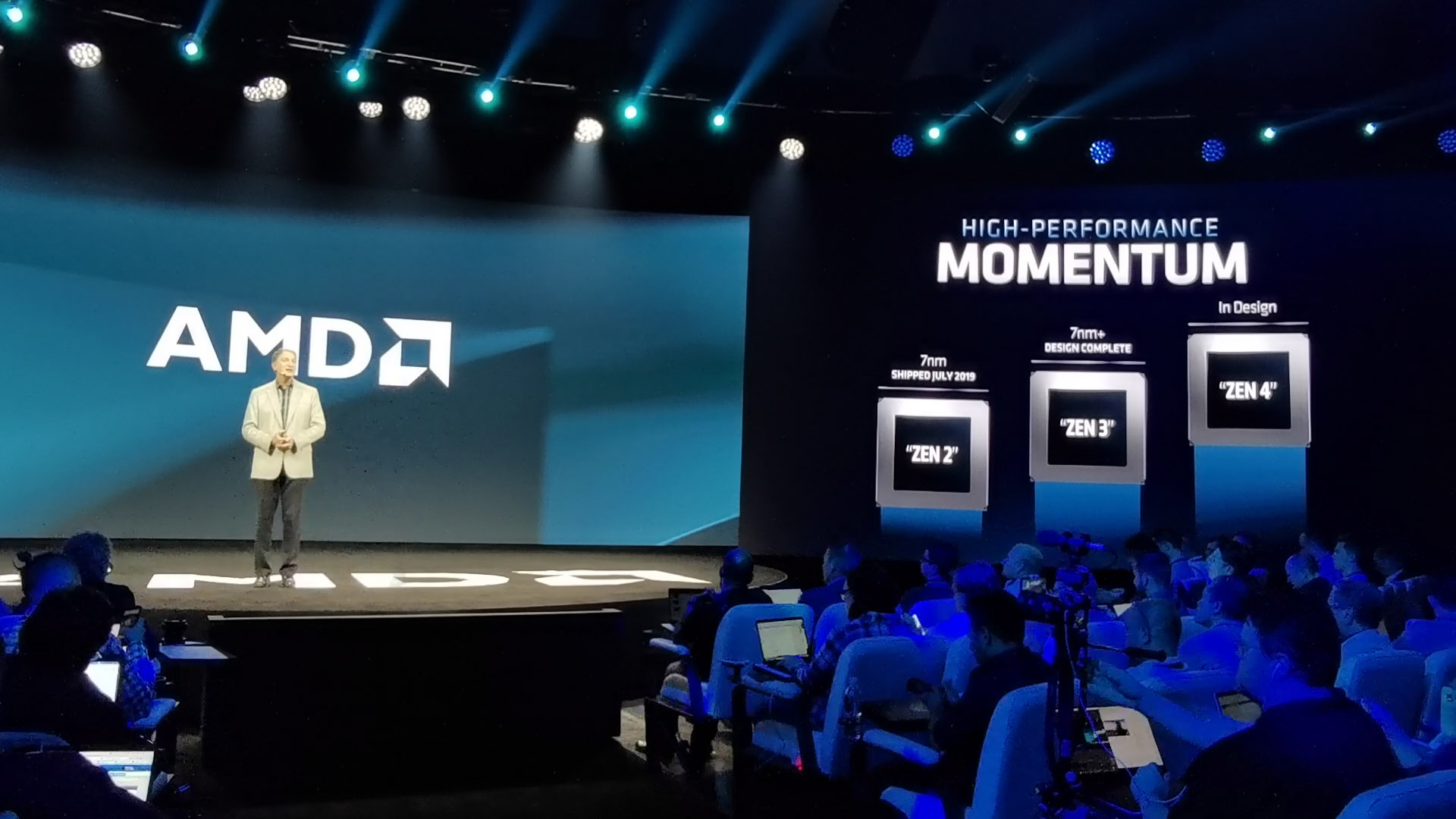Phoronix: AMD Publishes Security Analysis Of Zen 3 "PSF" That Could Possibly Lead To A Side-Channel Attack
AMD published a security whitepaper this week looking at their Predictive Store Forwarding (PSF) feature that is new to Zen 3 series processors. AMD is going to allow customers to disable this performance feature as they think it may be vulnerable to a Spectre-like attack...
AMD published a security whitepaper this week looking at their Predictive Store Forwarding (PSF) feature that is new to Zen 3 series processors. AMD is going to allow customers to disable this performance feature as they think it may be vulnerable to a Spectre-like attack...






Comment